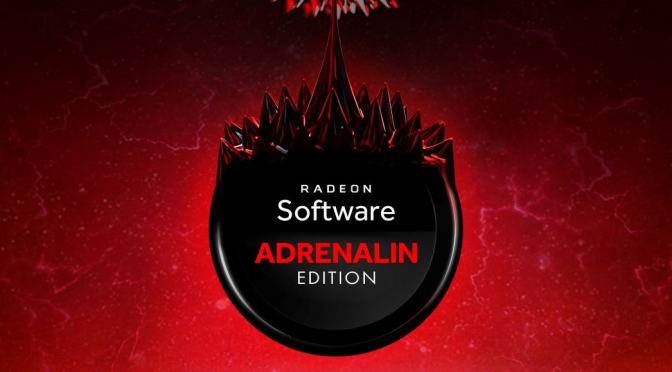At Gamescom 2023, AMD revealed that HyperX will add support for Fluid Motion Frames in all DX11 and DX12 games. According to AMD, this will significantly improve performance in all DX11/DX12 games thanks to frame interpolation.
The big question now is how good this solution will be. Because, while AMD claimed that no one has ever done something like that, all modern TVs already feature motion smoothing/interpolation. If AMD’s solution has the same latency issues that modern TVs have, then it will be a laughable solution. And if the HyperX Fluid Motion Frames tech is as good as NVIDIA’s DLSS 3 Frame Generation, why does AMD invest resources and money in FSR 3.0?
A lot of people criticized NVIDIA for its DLSS 3 Frame Generation tech. Thus, it will be interesting to see how these people will react to AMD’s Fluid Motion Frames tech.
AMD’s HyperX will support Fluid Motion Frames interpolation in Q1 2024. This universal solution will be different than FSR 3.0. AMD FSR 3.0 will first appear in Forspoken and Immortals of Aveum this Fall.
For those wondering, AMD did not reveal any plans to add support for FSR 3.0 in Starfield. Thus, you should not be expecting to be playing this highly anticipated game with this tech anytime soon. AMD will most likely add FSR 3.0 support in Starfield in 2024. Or at least that’s my guess.
Lastly, it appears that Avatar: Frontiers of Pandora will be an AMD-sponsored title. And, if it follows Starfield’s example, we can assume that it will not support NVIDIA DLSS 2 or NVIDIA DLSS 3 (UPDATE: Avatar will support both DLSS and FSR 2.0).
Stay tuned for more!

John is the founder and Editor in Chief at DSOGaming. He is a PC gaming fan and highly supports the modding and indie communities. Before creating DSOGaming, John worked on numerous gaming websites. While he is a die-hard PC gamer, his gaming roots can be found on consoles. John loved – and still does – the 16-bit consoles, and considers SNES to be one of the best consoles. Still, the PC platform won him over consoles. That was mainly due to 3DFX and its iconic dedicated 3D accelerator graphics card, Voodoo 2. John has also written a higher degree thesis on the “The Evolution of PC graphics cards.”
Contact: Email

